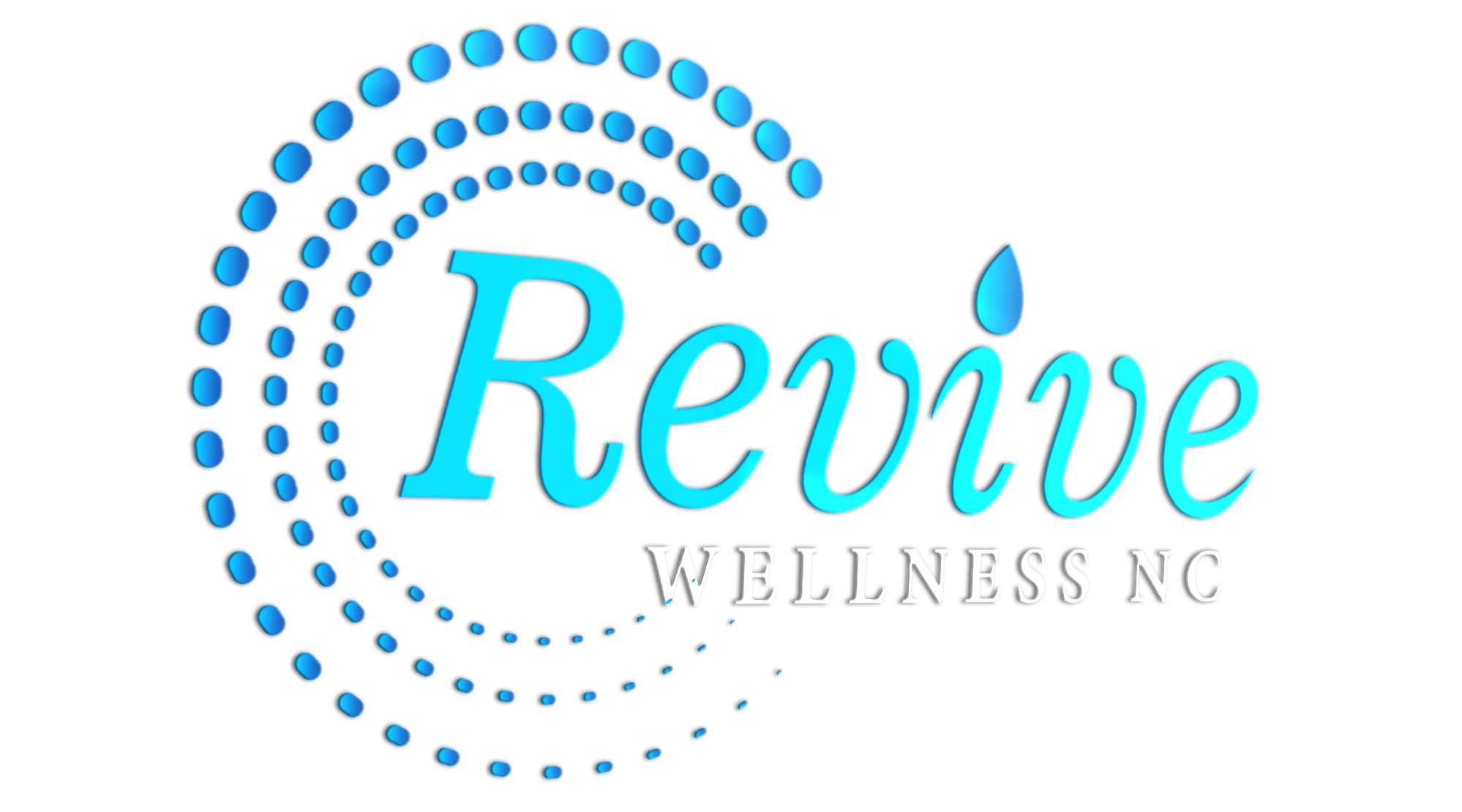Introduction
Vitamin C, also known as ascorbic acid, has long been celebrated for its immune-boosting properties and its ability to combat infections. While many people take vitamin C in the form of supplements or consume it through a healthy diet, there is a growing interest in intravenous vitamin C administration as a powerful tool in achieving antiviral levels. In this blog post, we will delve into the science behind vitamin C and explore how intravenous administration can help elevate its antiviral potential.
The Immune-Boosting Magic of Vitamin C
Vitamin C has earned its reputation as a potent immune system supporter due to its various mechanisms of action:
-
-
- Antioxidant Properties: Vitamin C is a powerful antioxidant that scavenges harmful free radicals, protecting cells and tissues from oxidative damage. This can help strengthen the immune system and reduce the risk of infections.
- White Blood Cell Activation: This vitamin enhances the function of white blood cells, crucial components of our immune system that defend the body against viruses, bacteria, and other pathogens.
- Cytokine Modulation: Vitamin C can help regulate the production of cytokines, which are signaling molecules that play a vital role in the immune response. Proper control of cytokines is important in preventing excessive inflammation during viral infections.
- Collagen Production: Vitamin C supports skin and mucosal health, acting as a barrier against viruses entering the body.
- Antioxidant Properties: Vitamin C is a powerful antioxidant that scavenges harmful free radicals, protecting cells and tissues from oxidative damage. This can help strengthen the immune system and reduce the risk of infections.
-
Intravenous Vitamin C for Antiviral Benefits
While oral vitamin C supplements can be effective for maintaining overall health, intravenous administration takes things to a whole new level. Here’s how it achieves antiviral levels:
-
-
- Rapid Absorption: Intravenous vitamin C allows for near-instantaneous absorption into the bloodstream. This results in much higher blood concentrations of vitamin C compared to oral supplementation. These elevated levels provide an immediate boost to the immune system, which can be especially advantageous in the early stages of a viral infection.
- Targeted Therapy: Intravenous vitamin C therapy allows healthcare professionals to tailor the dose to the individual’s specific needs. This is particularly beneficial for those dealing with severe viral infections or complications.
- High Doses: Intravenous administration can deliver significantly higher doses of vitamin C compared to oral supplements. Such high doses can help combat viral infections and may reduce the severity and duration of the illness.
- Reduced Gastrointestinal Distress: Some individuals experience digestive discomfort when taking high doses of oral vitamin C. Intravenous administration bypasses the digestive system, making it an ideal choice for those with sensitive stomachs or other gastrointestinal issues.
- Immune-Modulating Effects: Intravenous vitamin C can help regulate the immune response by balancing the levels of cytokines, potentially preventing the excessive inflammation seen in some severe viral infections.
- Rapid Absorption: Intravenous vitamin C allows for near-instantaneous absorption into the bloodstream. This results in much higher blood concentrations of vitamin C compared to oral supplementation. These elevated levels provide an immediate boost to the immune system, which can be especially advantageous in the early stages of a viral infection.
-
Conclusion
Intravenous vitamin C administration is an emerging field in the fight against viral infections. Its ability to rapidly boost vitamin C levels in the bloodstream, deliver high doses, and target therapy to individual needs makes it a promising option for individuals dealing with viral illnesses. However, it’s essential to remember that this approach is typically used in conjunction with standard medical care, and its effectiveness can vary depending on the specific virus and the individual’s health status.




